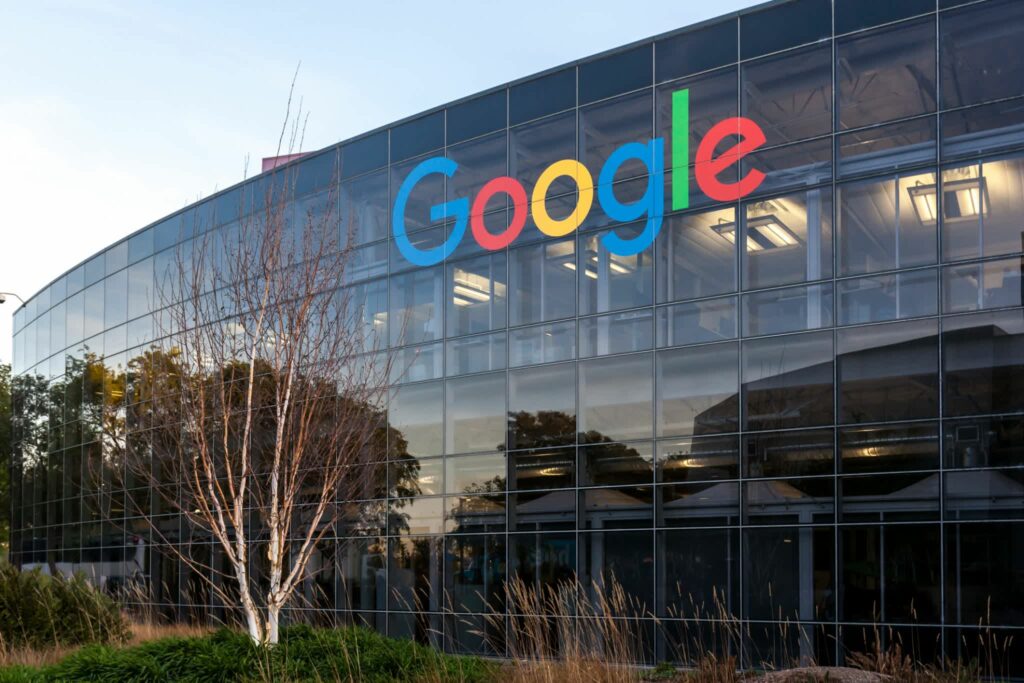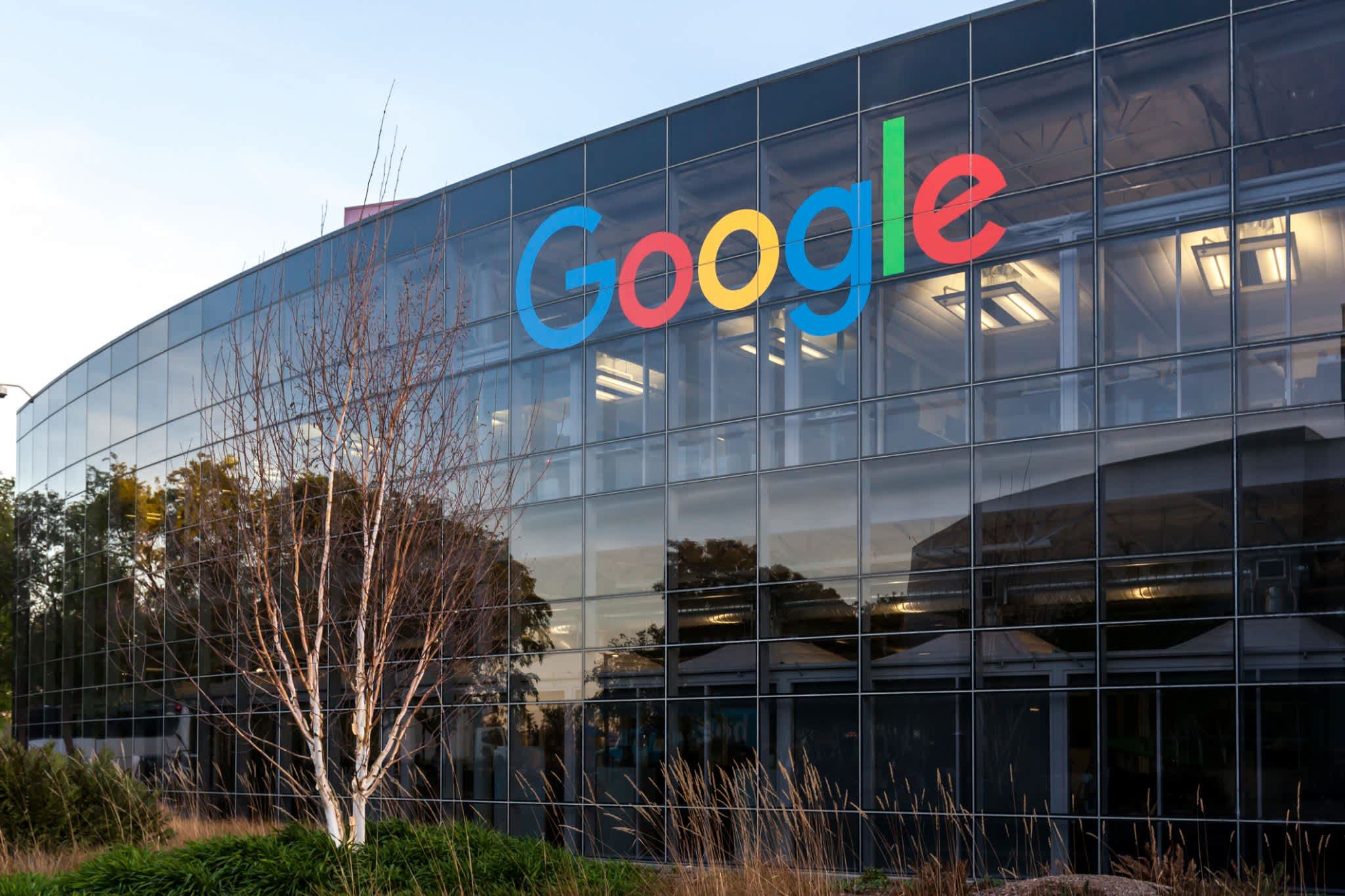Proposals Include Selling Chrome and Separating Android
The U.S. Department of Justice has proposed radical measures to curb Google’s dominance in the search and online advertising market. This action, which could reshape the global tech landscape, includes the mandatory sale of the Chrome browser, the separation of the Android operating system, and an end to exclusive agreements such as the one with Apple.
Key Proposals from the Department of Justice
Among the most significant actions proposed by prosecutors are:
- Sale of the Chrome Browser: Google would be required to divest its popular browser, used by over 60% of internet users worldwide.
- Separation of Android: The proposal aims to split the Android mobile operating system from Google’s other operations.
- End of Exclusive Agreements: Contracts making Google the default search engine on Apple devices would be terminated.

Reasons Behind the Intervention
The Department of Justice argues that these measures are essential to promote competition in a market they believe is overly dominated by Google. Prosecutors allege that the company’s practices have unfairly excluded competitors, stifled innovation, and harmed both consumers and advertisers.
Additionally, the proposal includes a 10-year oversight period for Google, with potential penalties if significant improvements in market competition are not observed.
Google’s Response
Google has strongly criticized these proposals, calling them disproportionate. The company argues that such measures could compromise user security and privacy and impact its ability to invest in artificial intelligence and other emerging technologies.
“These proposals do not reflect how users and the tech industry operate today,” a Google spokesperson stated. The company has indicated it will pursue legal appeals if necessary.
Impact on the Industry
If approved, these measures would set a precedent for regulating major tech companies. Other firms, such as Amazon and Meta, could face similar initiatives if found to be engaging in anti-competitive practices.Photo: U.S. regulators discussing measures against major tech companies.
Conclusion
The case against Google reflects growing governmental pressure to control the power of large tech firms. The final ruling in this case, expected by August 2025, could mark a turning point in the regulation of the tech sector, affecting not only Google but also the future of digital innovation.
